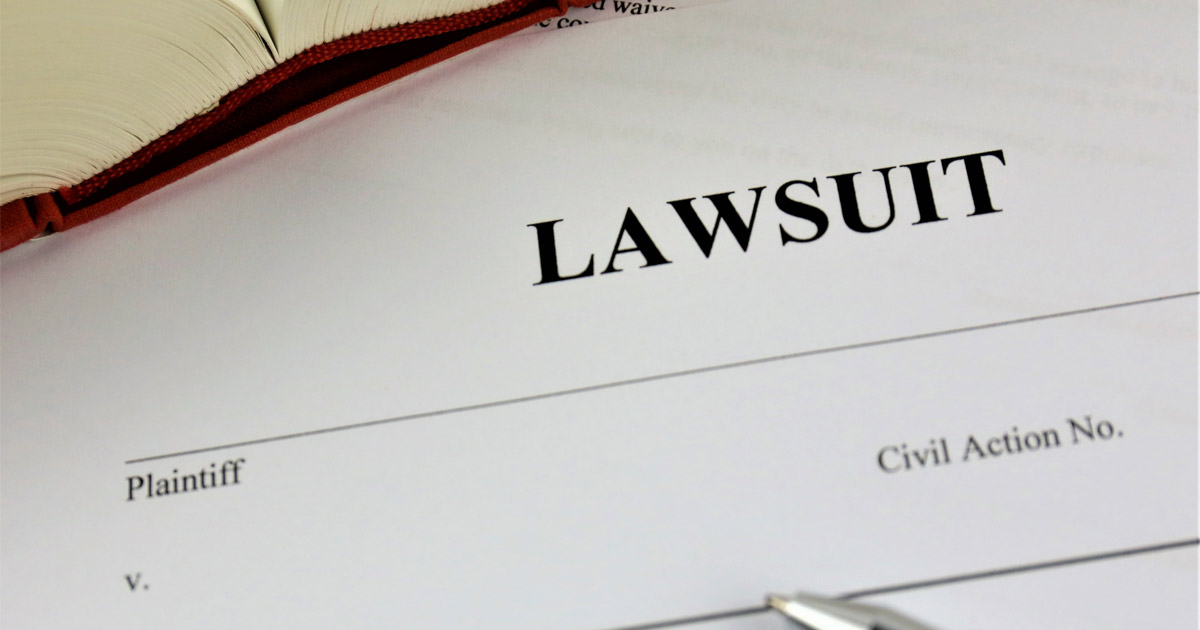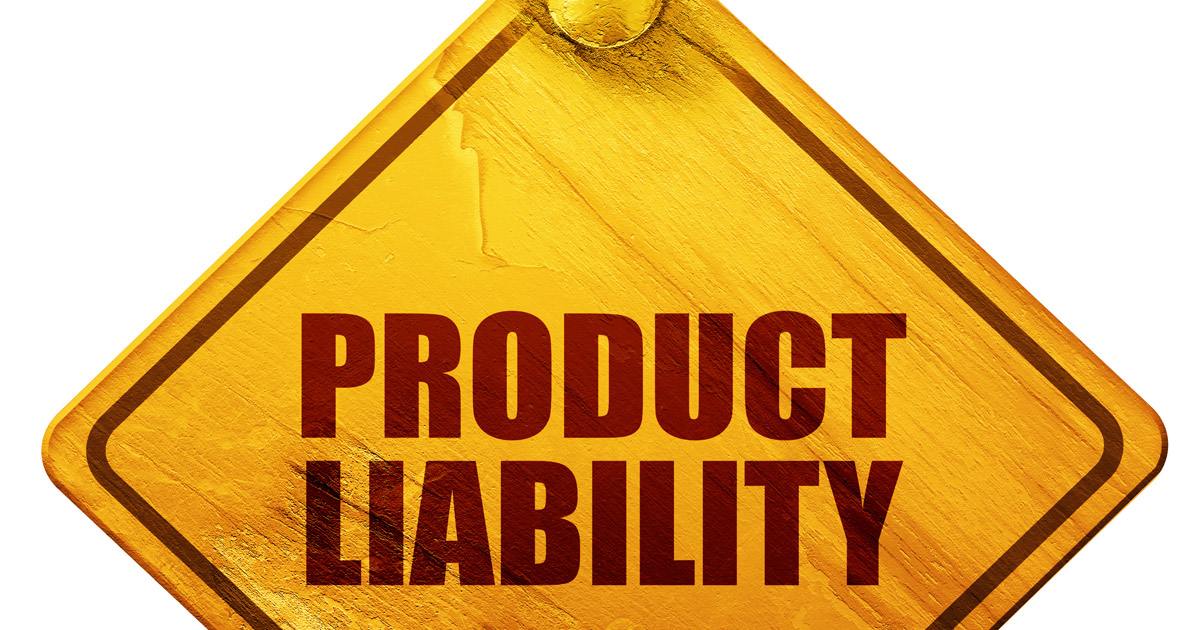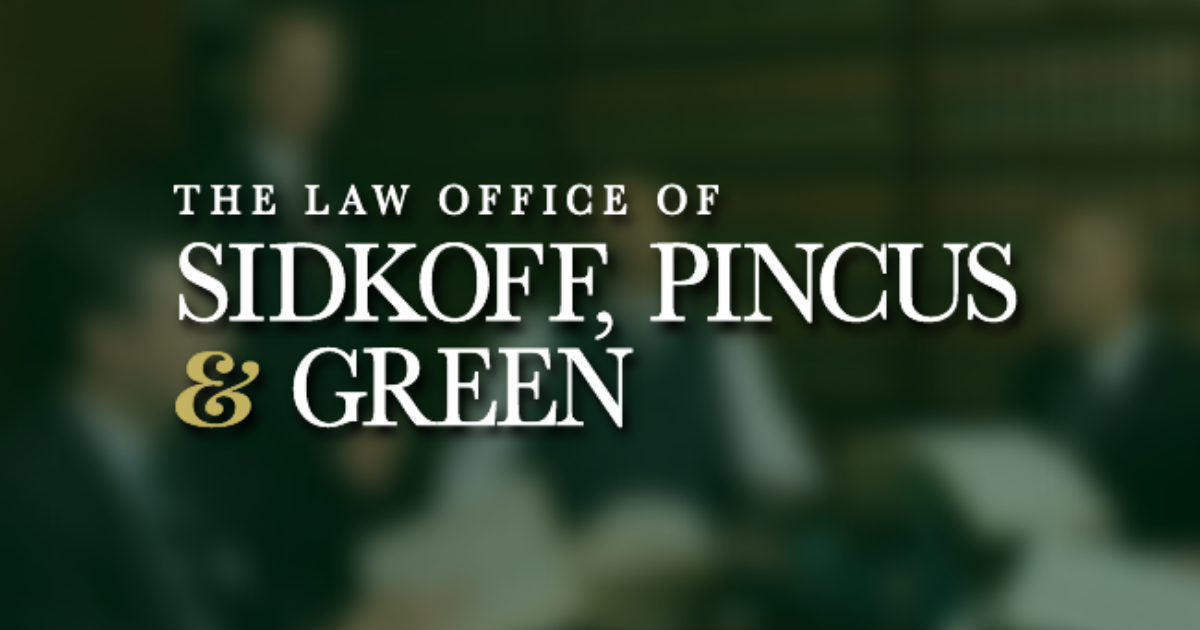Common Types of Business Lawsuits

According to the Small Business Administration (“SBA”), up to one-half of all businesses are likely to be sued in any given year and practically all businesses are the subject of a lawsuit at some point during their existence. Lawsuits can be very costly on several levels, especially to small business owners. Litigation can cause both emotional and financial hardship. It may also force a business to change the way it operates. Business owners can save time and money, and potentially avoid lawsuits, by becoming familiar with the types of business lawsuits and reaching out to a qualified attorney if they become the target of litigation. The SBA groups business lawsuits into the following categories:
- Employee
- Customer
- Business-specific
Some lawsuits do not fit neatly into these categories, such as personal injury claims arising from auto accidents. When an employee gets into an accident while driving a company vehicle, a commercial auto insurance policy will likely cover the costs.
Lawsuits Filed by Employees
Lawsuits filed by employees can be expensive and oftentimes command attention from the press. In one 15-year period alone, Merrill Lynch paid nearly half a billion dollars to settle sexual harassment and racial discrimination claims. Lawsuits filed by employees may include the following:
- Claims of discrimination due to age, race, sex, religion, gender identity, or disability
- Harassment claims, including bullying and sexual harassment
- Whistleblower claims
- Wrongful termination
- Breach of contract
- Minimum wage complaints, denial of overtime pay, or other complaints involving misclassification
Many employee lawsuits can be avoided by hiring a qualified employment lawyer to assist in drafting policies and employee handbooks, as well as reviewing employee contracts. Employers can also take steps to create a company culture that does not enable sexual harassment in the workplace.
Lawsuits Filed by Customers
Lawsuits filed by customers tend to fall into three categories: premises liability, discrimination, and customer satisfaction. Premises liability lawsuits include slip-and-fall accidents, such as when a customer in a grocery store slips on a wet floor and sustains an injury. Premises liability lawsuits may also involve situations in which the business failed to provide adequate lighting, security cameras, or locks, which resulted in an injury sustained by a customer or other third party. If a business refuses to provide service to a customer because of their sexual orientation, race, religion, gender, or disability, that business may be the target of a discrimination lawsuit.
Customer satisfaction lawsuits typically focus on consumer rights. Customers may allege that they did not get what they paid for, or that the business violated the Fair Credit Reporting Act (“FCRA”) or other consumer-related regulation. In general, a small business may be able to avoid customer satisfaction litigation by reimbursing the customer for the product in question or providing additional services at no charge. In most cases, it costs business owners less to satisfy the customer rather than proceed with litigation, even if they know they customer may be wrong.
Lawsuits Involving Other Businesses
Suppliers, vendors, and competing businesses may file lawsuits involving breach of contract or intellectual property rights. Breach of contract essentially means that the business failed to adhere to the terms of the contact they signed. According to the SBA, approximately one-third of all litigation involving small businesses concerns breach of contract. Breach of contract may take many forms, which include the following:
- Delivering damaged goods
- Failing to pay for goods
- Failing to deliver goods
- Revealing trade secrets
Issues involving intellectual property rights may also arise with competing businesses. Another firm may claim that their company’s logo, image, or slogan was copied. Within the high-tech industry, lawsuits involving trade secrets are not uncommon.
Cost of Business Lawsuits
According to the SBA, legal costs for small businesses typically range around $10,000 but can easily exceed $150,000. Large companies may pay higher fees. However, the real cost to small businesses is the emotional hardship and upheaval caused to their future operations. Seeking the advice of skilled legal counsel can help businesses avoid these catastrophes.
Philadelphia Employment Lawyers at Sidkoff, Pincus & Green P.C. Help Business Owners Facing Litigation
If you are a business owner facing a lawsuit, the Philadelphia employment lawyers at Sidkoff, Pincus & Green P.C. are always available to advise your business regarding the best course of action when you face legal challenges. We can help you stay focused on running your business while we handle your legal matters. Whether you have a pressing legal challenge now or are looking for skilled counsel to avoid lawsuits in the future, please reach out to our staff by calling 215-574-0600 or contact us online. Located in Philadelphia, we serve clients throughout Pennsylvania and New Jersey.





















 Talen Energy is a privately-owned independent power producer that serves commercial and industrial customers in New Jersey, Pennsylvania, Maryland, Delaware, Ohio, and the District of Columbia. In 2016, the company was bought by Riverstone Holding, a New York City-based private investment firm that specializes in the energy industry. According to a federal lawsuit, three former senior engineers from Talen claimed that the company failed to pay them their full pensions after Riverstone Holding took over the company.
Talen Energy is a privately-owned independent power producer that serves commercial and industrial customers in New Jersey, Pennsylvania, Maryland, Delaware, Ohio, and the District of Columbia. In 2016, the company was bought by Riverstone Holding, a New York City-based private investment firm that specializes in the energy industry. According to a federal lawsuit, three former senior engineers from Talen claimed that the company failed to pay them their full pensions after Riverstone Holding took over the company.